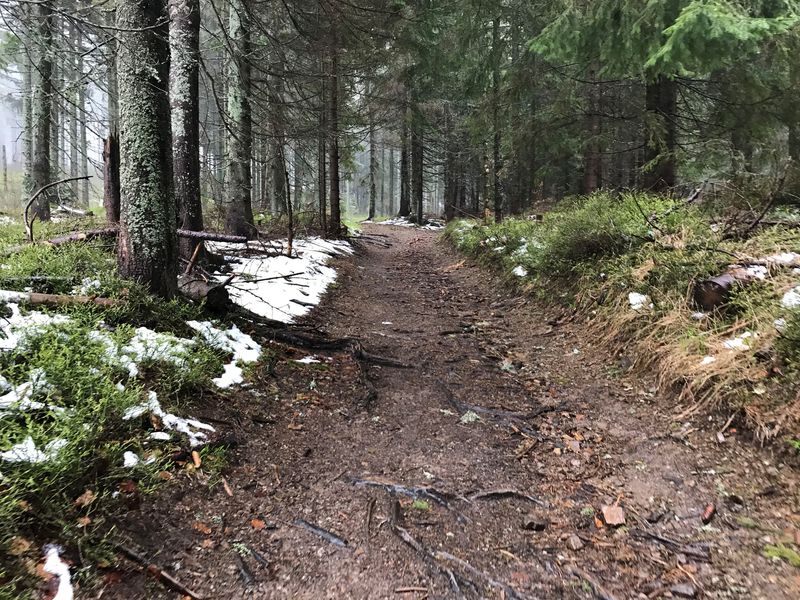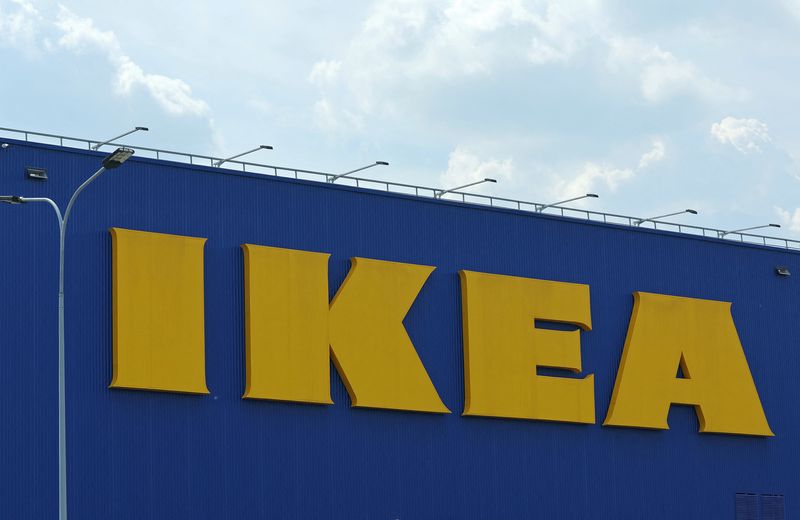By Anna Ringstrom and Marie Mannes
STOCKHOLM (Reuters) - IKEA is using more wood from Sweden and the Baltics to make up for not sourcing it from Russia and Belarus which the company has shunned due to Moscow's war in Ukraine, its wood supply boss said in an interview.
The world's biggest furniture brand - one of the world's top wood users - used 20 million cubic metres of wood in its products, packaging and communication material in the 12 months through August 2022.
"We have managed to replace those (Russia and Belarus) volumes in other countries on a very hot wood market," Ulf Johansson, Global Wood Supply and Forestry Manager at brand owner Inter IKEA, told Reuters.
Sweden, the Baltics, Poland and Germany are among countries where IKEA's wood sourcing has increased as a result of the war in Ukraine, he said, adding that some of the solutions might be long-term and others short-term.
Russia and Belarus were IKEA's fifth and sixth biggest wood suppliers before the war, accounting for 6% and 5% respectively of its supplies, the company's website said.
The company on Thursday launched a map on its website showing the origin of all its wood to meet customers' demands for more transparency.
Poland, followed by Lithuania and Sweden were the three biggest suppliers in the 12 months through August 2022.
IKEA says it uses only Forest Stewardship Council (FSC) certified or recycled wood. It banned suppliers from using Russian and Belarusian wood after FSC suspended its certification in the two countries due to the invasion.
IKEA stores in Russia have been closed since March, while IKEA owned shopping malls remain open. Inter IKEA's four factories in the country are closed and up for sale.
Johansson said IKEA is now the midst of a review of its long-term wood supply strategy, in terms of alternatives to Russia but also in light of expansion plans for South America where it opened its first store in 2022.
"Now it also looks like the raw material market is going down a bit so it is maybe a little easier situation right now," he said.
Wood prices are easing after surging in the past few years, partly in response to increased demand for packaging during the pandemic as people shopped online.

IKEA has in recent years been buying and managing forests in a number of countries through its investment vehicle IKEA Investments, from which it might use wood and wood products in the future.
While IKEA says managing forests responsibly will help mitigate climate change, it does not yet include that business in its overall target to be climate positive by 2030 due to difficulties measuring carbon capture and storage.
